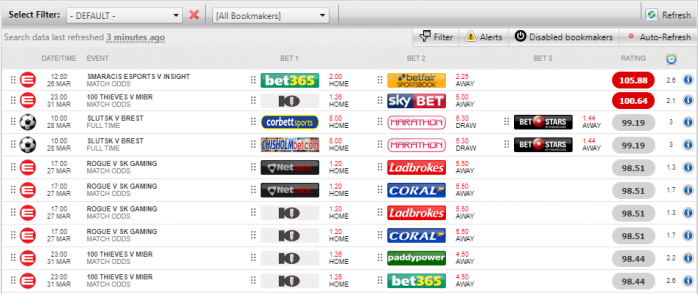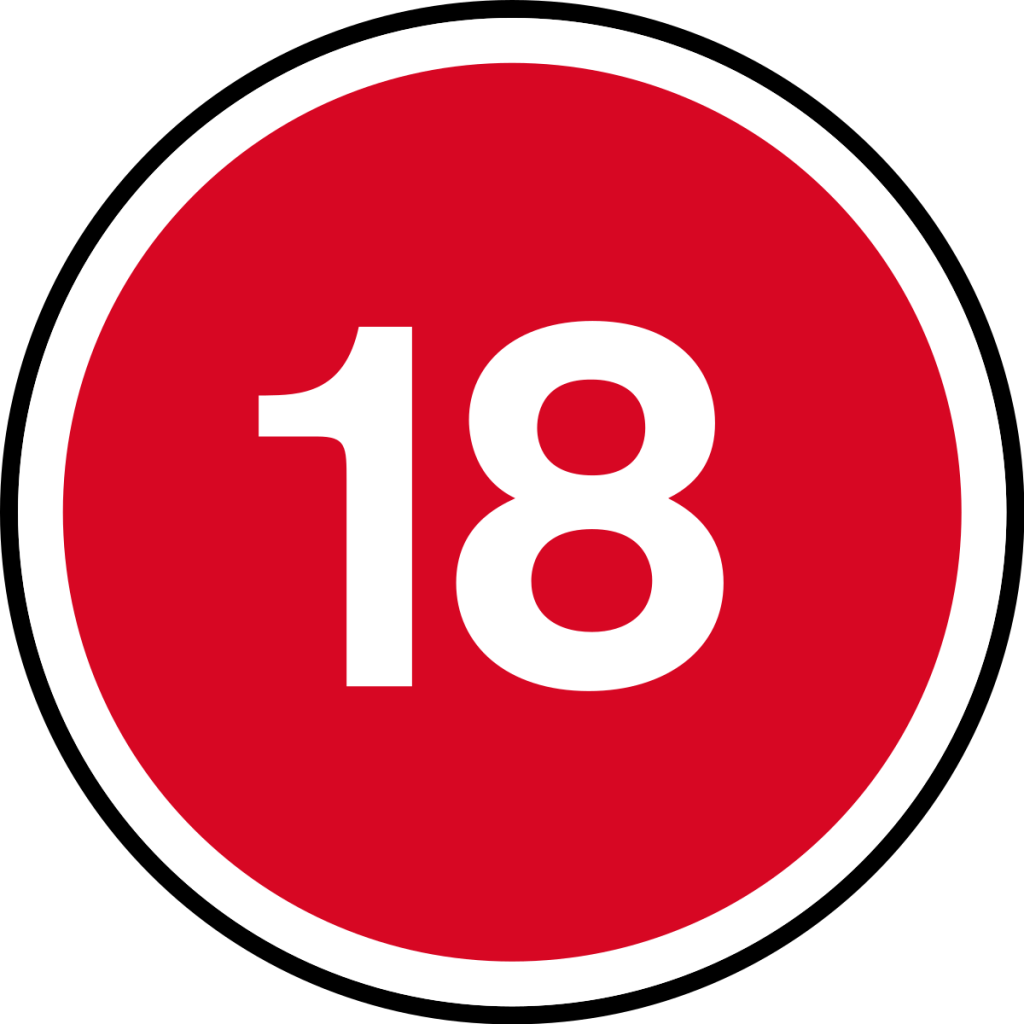What is ‘dutching’ in match betting?
Dutching is an advanced betting technique, used in horse race betting, where multiple outcomes are backed in order to increase profit potential. This guide tells you everything you need to know about dutching.
Dutching is considered an advanced matched betting technique but with the use of OddsMonkey’s Dutch Matching tool, things become a lot simpler.
In traditional matched betting, we back at the bookmaker and lay at the exchange to cover all outcomes of an event. Dutching follows a similar approach except that in dutching, we don’t use an exchange. Instead, we use different bookmakers to back all possible outcomes. Typically, this is done on events with two or three possible outcomes, but it can be used on any event including horse racing.
By using the stake amounts advised by the Dutch Matcher, we can gain a similar outcome to backing in laying by taking a small qualifying loss or locking in a profit with a free bet. Also, by not using the exchange, there’s no commission to pay on winning bets.
Dutching can come in very useful in many different matched betting scenarios including:
Rule differences at the exchange
In tennis, the retirement rules at the bookmaker and the exchanges aren’t always the same. This means that a retirement in a match where you’ve placed a matched bet could potentially end with both the back bet and the lay bet losing. In order to remove this possibility we can use dutching to back one player at one bookmaker and the other player at a different bookmaker. No matter which player wins, one of our bets will win.
No market at the exchange
Some of the more obscure markets and sports are often not covered by the exchanges. So we can use dutching to get our bets matched and complete offers that we otherwise wouldn’t have been able to.
Not enough liquidity at the exchange
Sometimes the exchange will offer a market that we want to bet on but the odds will be poor or there won’t be enough liquidity available to get a match. Dutching means that we can get our bets on and often get a better outcome than if we’d used the exchange.
Not enough liability at the exchange
Placing lay bets can sometimes require having a big balance in our exchange account. With dutching, there’s no liability so we don’t need money at the exchange. On top of that, we usually need a much smaller amount at the bookmaker to place our bets.
How to use the OddsMonkey Dutch Matcher
Much like the OddsMatcher, the Dutch Matcher shows us the best betting opportunities. We can filter the matcher in the same way and choose which bookies we want to get matched on.

The rating works in the same way as the OddsMatcher too. Anything close to 100 in the Rating column will have a lower qualifying loss and anything over 100 is an arb. We can use the Dutching Matcher to place arb bets in order to lock in a profit, but as in regular matched betting, we don’t advise using this technique as it can lead to accounts getting gubbed and missing out on potentially lucrative offers.
Once we’ve chosen an appropriate match, click the ‘i’ symbol at the end of the table to open up the calculator and see more details about the bet.
In the example below, I need to place a £20 bet on e-gaming at Netbet to qualify for a free bet.

Once I open up the match, I can enter my stake in the box and hit enter. This will update both the stake and profit amounts. As I need to place a £20 bet at Netbet, I can enter that here and the Ladbrokes stake will update accordingly.
I know that I need to bet £20 at Netbet and now I know that by placing a bet of £4.36 at Ladbrokes on the other team, I can take a qualifying loss of between 36p and 38p depending on which team wins. By placing both of these back bets, I’ve covered all outcomes of this match and have qualified for the free bet at Netbet.
Stake Rounding
On the match, you’ll notice a tick box to ‘Enable Stake Rounding’. By ticking this, the matcher will give us more sensible bet amounts to place. For example it might look odd to Ladbrokes if we place a bet of £4.36. That doesn’t matter when using an exchange, but it does at the bookies. We want to look like a normal bettor and not a matched bettor and stake rounding enables us to do that.

After ticking the box, you’ll see that the stakes have changed. I now need to place a £23 bet at Netbet and a £5 bet at Ladbrokes. This looks a lot more natural and we still qualify for the free bet. It does mean a slightly increased qualifying loss on this occasion, though.
Three way dutches
As well as 2-way dutches like the example above, we can use the Dutch Matcher for 3-way outcomes. An example of this would be a football match where a draw counts as a potential outcome.
Four or more outcomes
Technically it is possible to dutch any event, even those with a large amount of outcomes like horse racing. We can’t use the Dutch Matcher for this but we can use the Dutching Calculator to create our own scenarios.
Dutching Free Bets
Whilst it’s possible to dutch free bets, I’d advise against this unless you’re forced into it. It’s usually much easier to get a higher profit by backing and laying at the exchange in this scenario.
However, we can do it if we need to. The Dutch Matcher currently doesn’t accommodate for free bets but we can still use it to find a good match. Once we find one, we just need to enter the odds and stake into the Dutching Calculator and select the free bet option. This will give us the stakes we need to place at the different bookmakers in order to lock in a profit.
Arbitrage Dutching
As mentioned earlier, we can use dutching for arbing as well. Anything that shows a rating of 100 or more on the Dutch Matcher is an arb bet and we can lock in a profit simply by placing the bets as advised.
Looking at this example, we can lock in a profit of £6 by placing bets of £54 and £48. No matter which one of our bets win, we’ll be £6 up once the event finishes.

I would advise against taking dutch arbs on healthy bookmaker accounts as they will be aware of the arb and taking too many of these bets may see your account ‘gubbed’ or stake restricted. Ideally, we want our bookmaker accounts to stay in good condition so we continue to get the lucrative matched betting offers. Therefore, I would advise only taking arbs on accounts that are already gubbed. Another thing to note is that if there’s a particularly large arb, it should probably be avoided as it may be an error on the bookmaker’s part and you run the risk of them not paying out.
Conclusion
Dutching is not as complicated as it first appears and is a great option to get your bets on when the exchange lets you down.
As the popularity of e-gaming grows, bookmakers are doing more and more offers on these markets. Liquidity is still quite low at the exchanges for e-gaming and often there is no market for these events at all. Dutching allows us to do more matched betting and unlock more profit-making opportunities!


